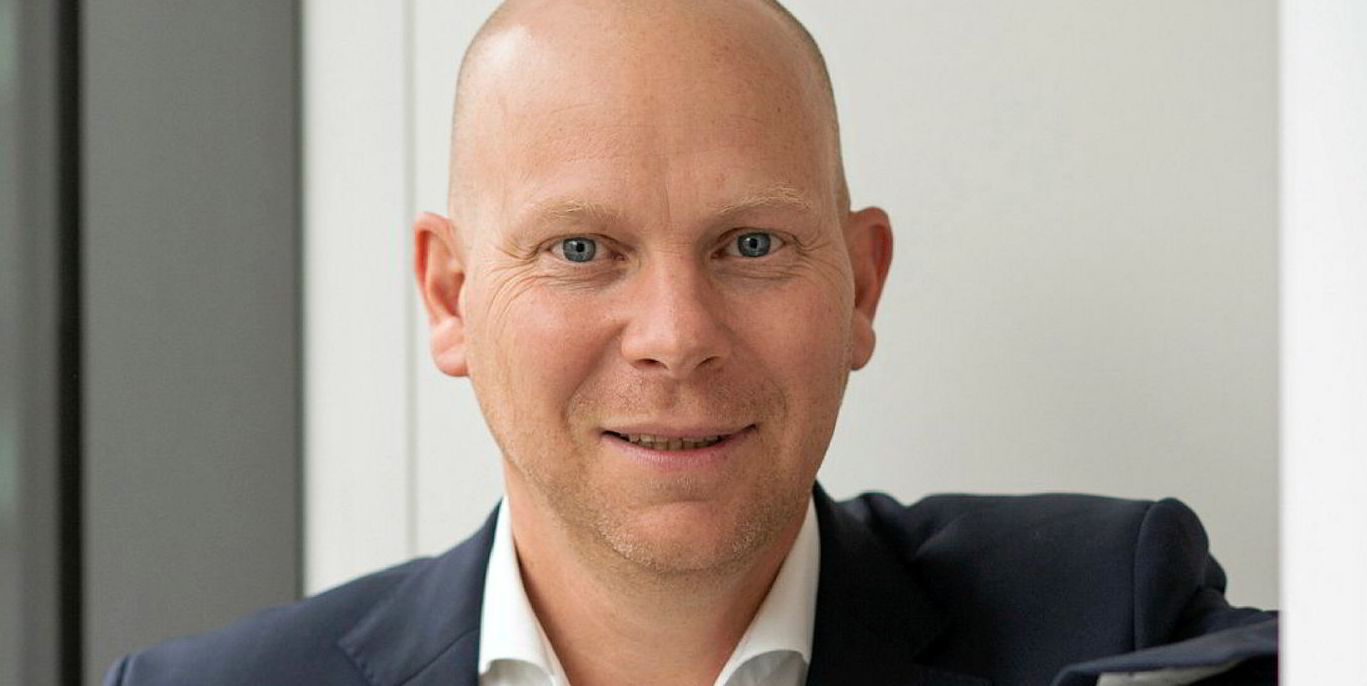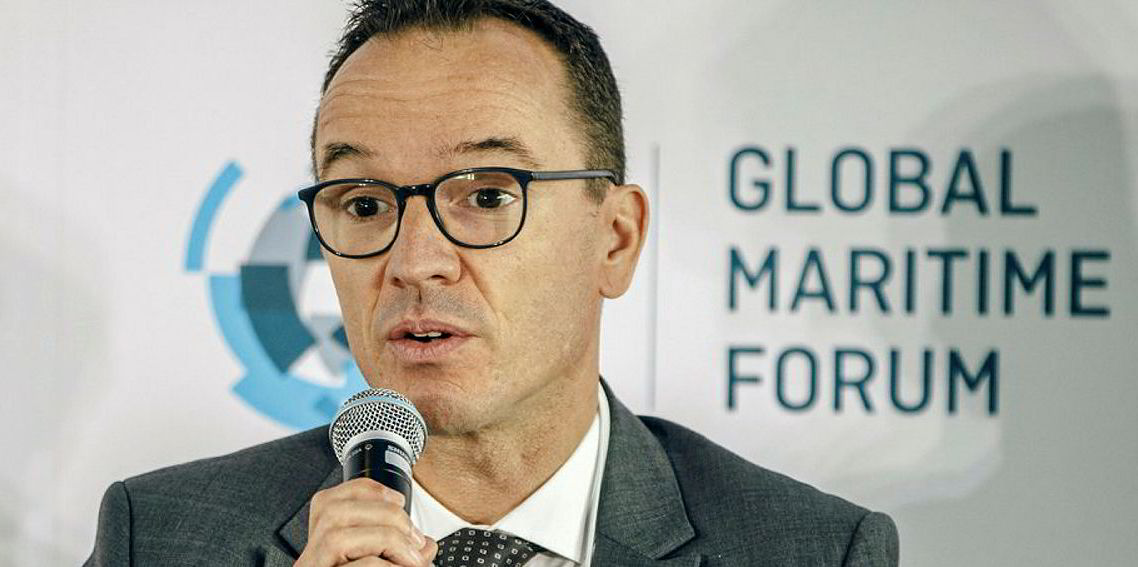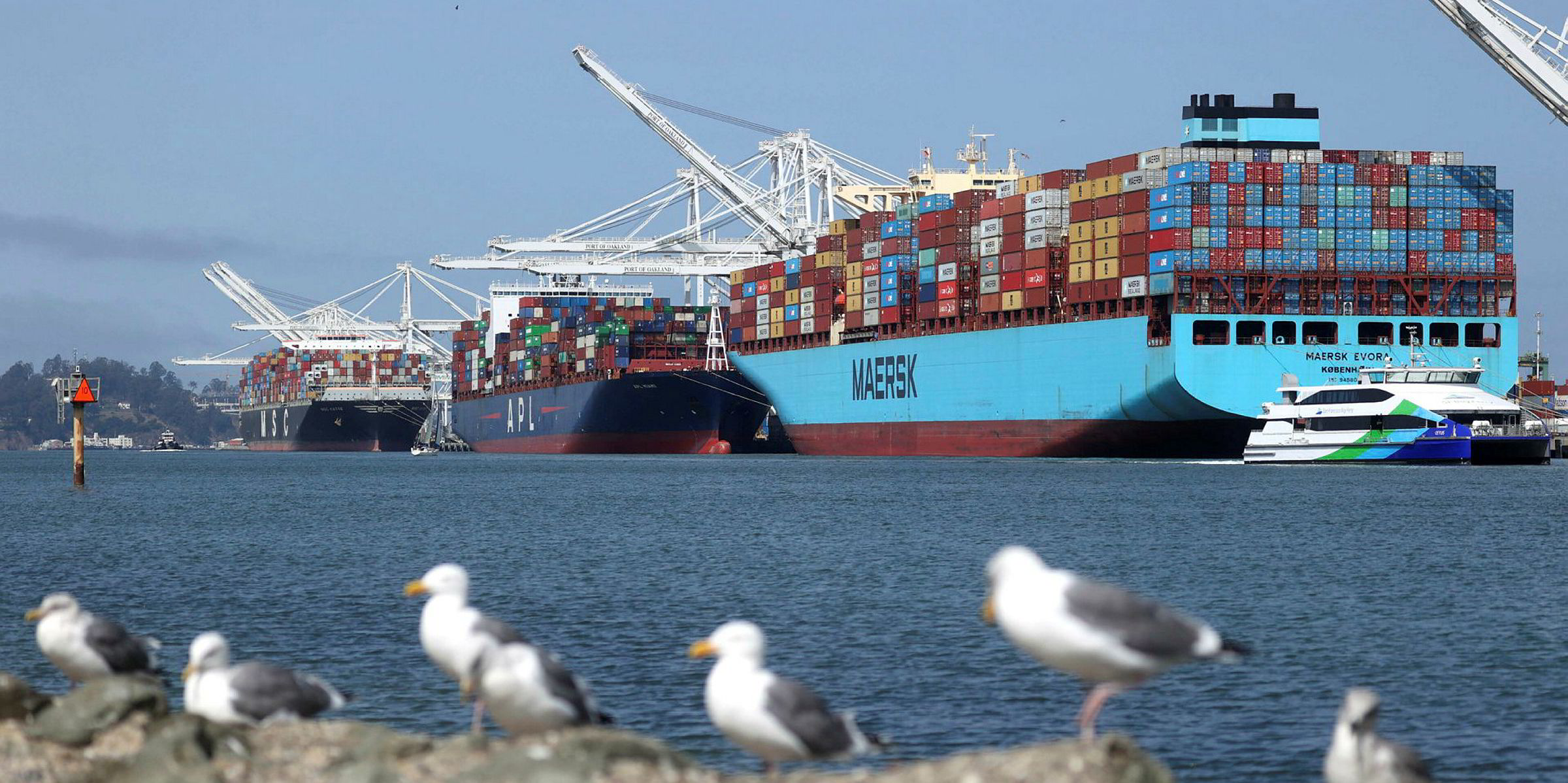Mathieu Philippe took on his new role as commercial director at Bureau Veritas (BV) Marine & Offshore with a brief to develop industry networks that are closely aligned with wider society’s demand for lower emissions.
The move is part of the French class society’s recently adopted “business to business to society” philosophy.
Philippe has a background working for a shipowner, at United Arab Chemical Tankers, and as a charterer at Azerbaijan state oil company Socar.
So the emergence of Sea Cargo Charter, the charterers’ initiative on reducing carbon emissions, seems a perfect place to start.
The signatories — Shell, Cargill and 15 other dry and wet cargo trading companies and ship operators — have committed to publishing their CO2 emissions data annually based on a common methodology.
Charterers, Philippe said, are one of the closest links in the shipping chain to consumers and their demands for a cleaner industry.
The influence of society’s demands are already apparent in the environmental strategies of many of BV’s clients, which include major charterers such as CMA CGM, Mediterranean Shipping Co (MSC) and Total, he pointed out.
“Companies like CMA CGM and MSC are in direct contact with their customers and their brand is on every box,” he said.
“There is an increasing need for shipping to be aligned with the perspective of the customer today and to be driven by that.
“We need to get involved with other stakeholders, not just yards and shipowners, and we need to have more than just an opinion as a classification society.”
Philippe said Sea Cargo Charter has already that indicated it would like to get class involved in the project to “bring a level of trust”.
There are technical considerations that Sea Cargo Charter has to tackle in which classification societies could play a role, he added.
The accurate and transparent measurement of fuel consumption, and its relation to carbon emissions, is one area in which class could have a role. Then there is the development of measures to reduce emissions
But is BV’s interest in the sector an example of seeing a commercial opportunity in environmental concerns?
“This is not just a business opportunity for us, but a new era of activity, in which we have to be involved,” he said.
Philippe would like to widen the network of shipping interests working together towards reducing emissions.
He wants to see the financial and insurance world join shipyards, shipowners, operators and charterers in collaborative effort for lower emissions.
The commercial market, he believes, offers a more immediate opportunity for a reduction in emissions than waiting for the regulator to act. “Waiting for the regulator is not possible — the world is moving too fast,” he said.






